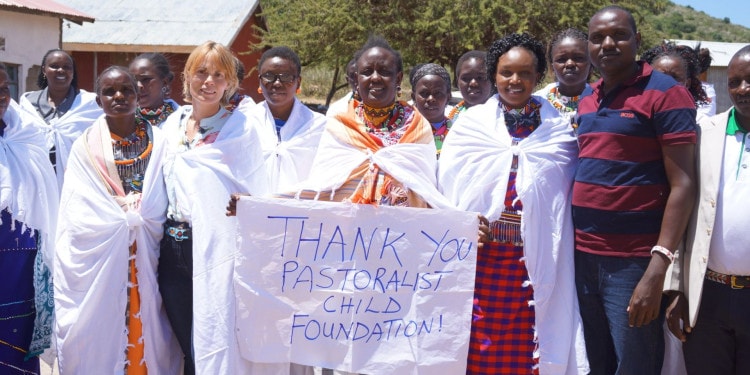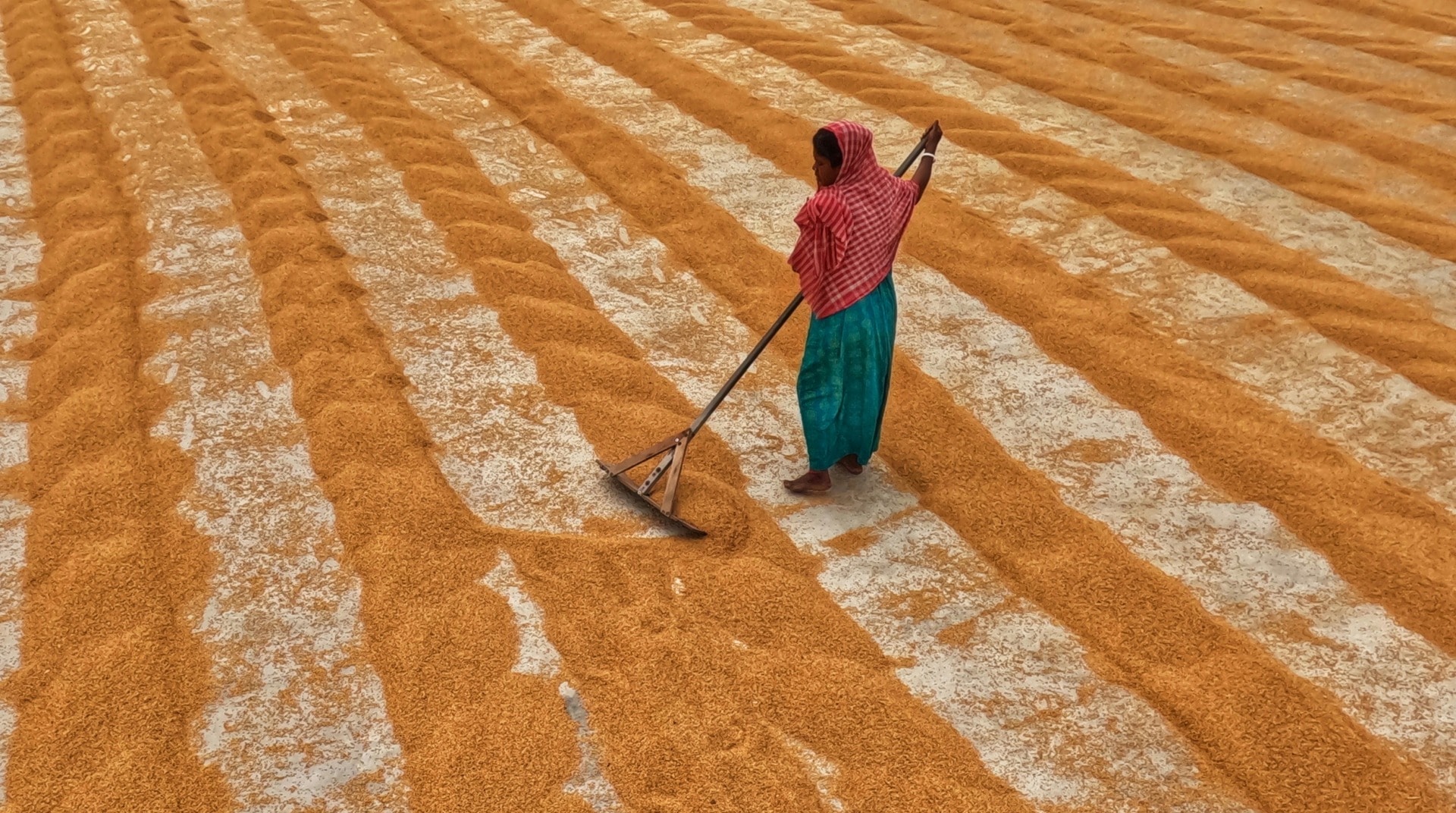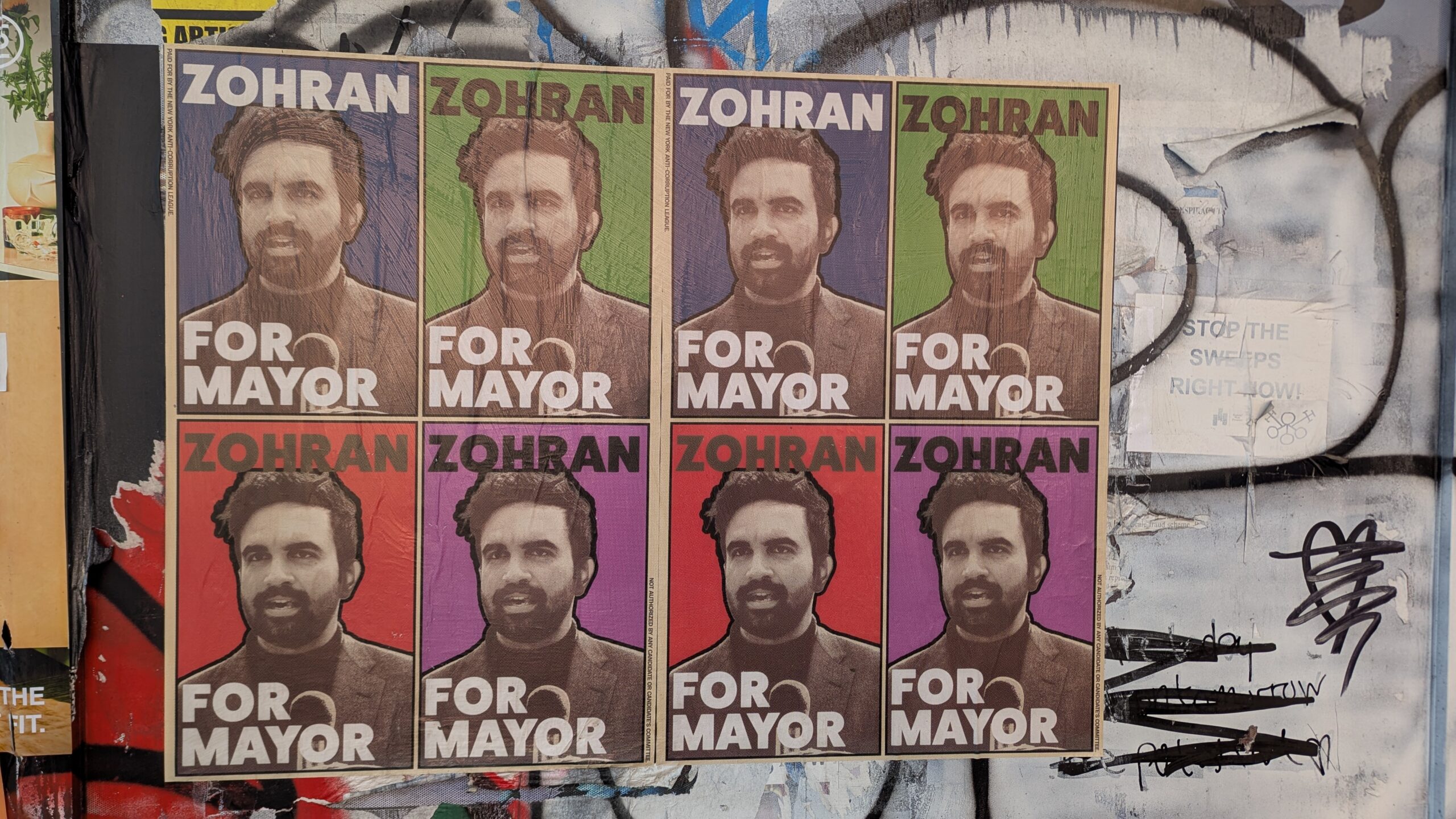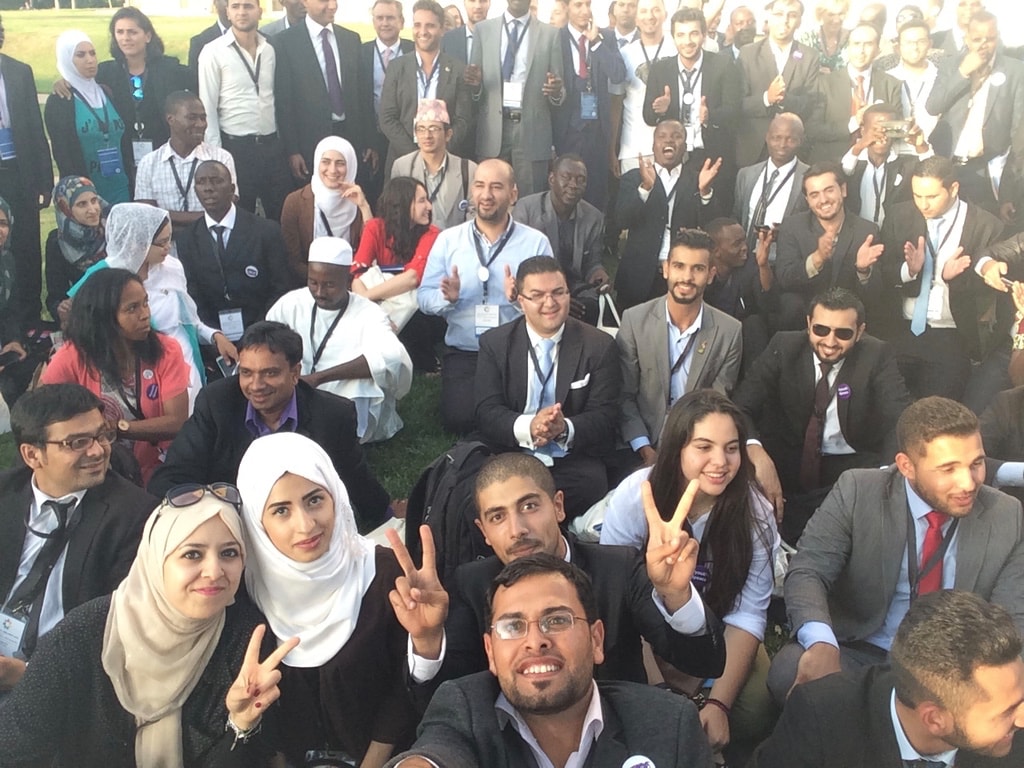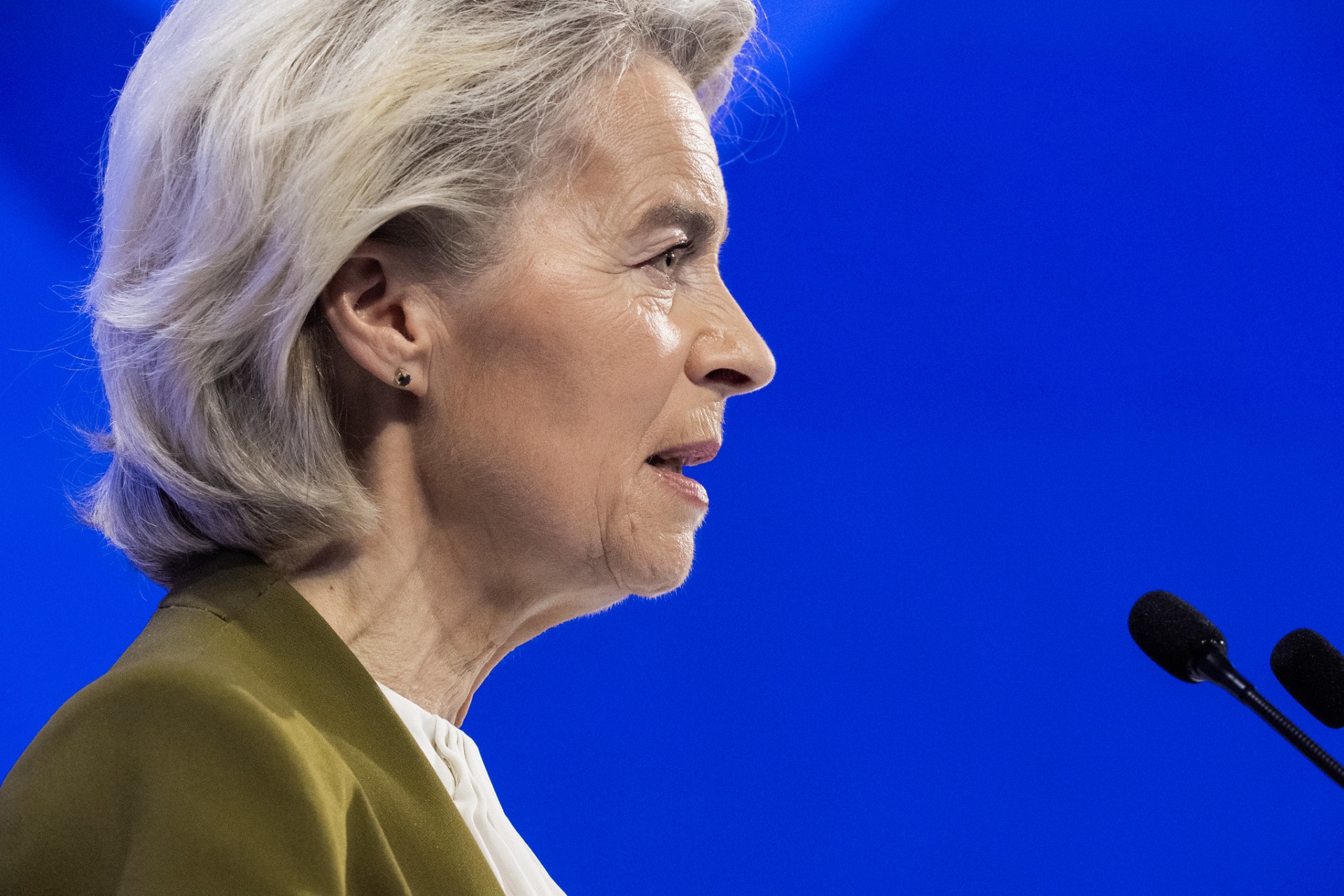After I finished college, I came back home to stay with my family. In our village, I saw the need to educate my community on child marriage, female genital mutilation (FGM), and the importance of education, which is why I started the Pastoralist Child Foundation. Samburu men respect girls and women, but the culture itself misleads some warriors to violate women’s and girls’ rights. Some examples of gender-based violence that girls experience are beading, FGM/C and child marriage.
My mother influenced my life through her kindness, compassion, integrity, strength, passion for life, humor, and unconditional love. During her last years, she asked me to guide and educate my younger sisters, and to fight for the rights of all girls so that they could enjoy the opportunities she didn’t have.
Two other women have also significantly influenced my life. One is Blake Valin, an American woman living in Florida. I met her when she visited Kenya in 2005. She taught me how to be patient, understanding, and to fight for what I believe in. She paid all of my high school and university fees, and helped my family. She taught me to never give up. The other is Sayydah Garrett, my co-founder and the President of Pastoralist Child Foundation. She gave me the confidence to found our organization.
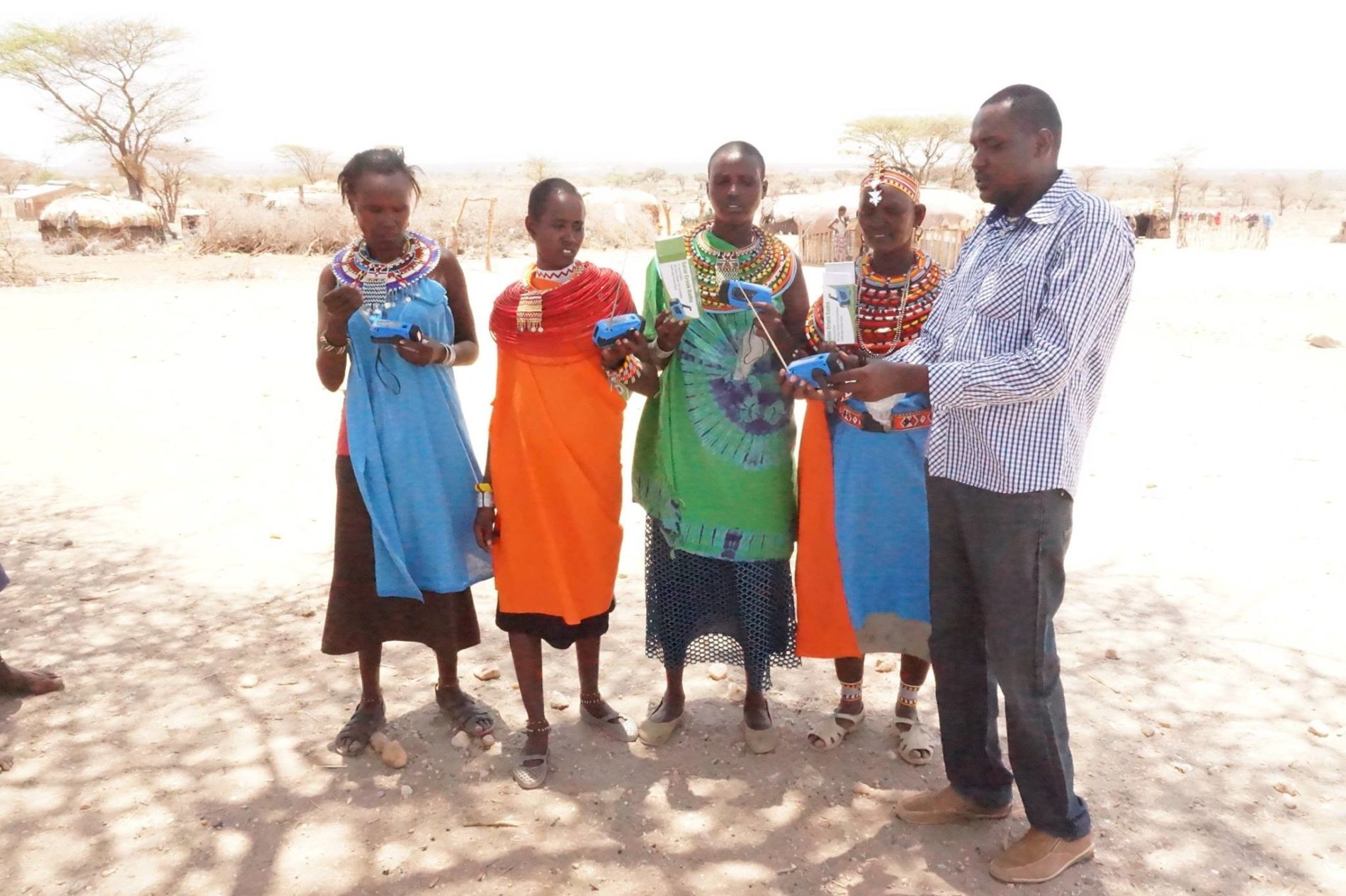
The Start of the Foundation
Two months after finishing college, I applied for a job at Samburu Game Lodge as a food and beverage supervisor. In August 2012, while I was working at the lodge, Sayydah visited Samburu County. Specifically, she visited the Samburu Namayiana Village, where my family lives. My family, brothers, and the entire community spent time with her. She was welcomed by the beautiful Samburu tribe with songs and dances, and she was happy to join in the celebration.
Sayydah was fascinated by the tribe and excitedly returned to the lodge with many pictures. I knew everyone in the pictures because this was my village. I spoke to her at length about the harmful practices in my community, mainly FGM and forced child marriages.
In our conversation, I told Sayydah that I wanted to start a community-based organization to eradicate female genital mutilation and child marriages before it was my youngest sister’s turn to get cut. I also explained to her that girls were often not allowed to go to school and that I wanted to help them get their educations.
Sayydah was shocked to hear about the prevalence of these issues, but at the same time was delighted to hear a man voice his concerns over the plight of girls in his community. As Sayydah used to work for a homelessness agency and had other nonprofit experience, she found herself in a position to help me with this project, even though she lives 8,000 miles away from my village. I decided that she would be the organization’s president and she agreed to help with fundraising, writing proposals, and raising awareness of the foundation.
Two weeks later, I registered the organization as a community-based organization in Kenya and shortly thereafter, Sayydah began the 501 (c)(3) public charity registration process in the USA. Pastoralist Child Foundation is fully registered as a nonprofit in both countries.
We sponsor girls in high school and offer community workshops to end FGM and child marriages. We also teach workshops on the topics of teen pregnancy, HIV/AIDS, self-awareness, self-esteem, sexual and reproductive health, gender-based violence, sanitation, and the importance of formal education in Kenya.
Related Articles: Female Genital Mutilation in Nigeria | Is Gender Equality a Numbers Game? | Uabalika, A Movement to Empower All Women: Interview with Andra Massamba
Challenges Faced by the Organization
The organization’s greatest challenge has been the mobilization of resources such as funds, hiring staff, transportation to reach distant rural communities, and materials to run our small office.
Additionally, my family tried several times to convince me to stop what I was doing, but later they told me to continue because my work had an impact on changing negative aspects of Samburu culture. My family didn’t help me in any way to start Pastoralist Child Foundation and instead joined me after we started our work. Without the support I had from Sayydah, I would not have been successful in starting PCF.
I have passion as a warrior to continue helping pastoralist children. Some community members think that PCF works against our culture, but after attending the foundation’s educational workshops, most of them join to spread the word.
At the beginning, people threatened me in various ways, including deaths threats. But, when we started sponsoring girls in schools, many saw the positive impact we were trying to make. We started community awareness workshops with the help of UNICEF Kenya and empowered the community at the grassroots level. Handling cases like FGM requires community dialogue and awareness. Now, I’m comfortably empowering my community and they’re ready to listen to the PCF team.
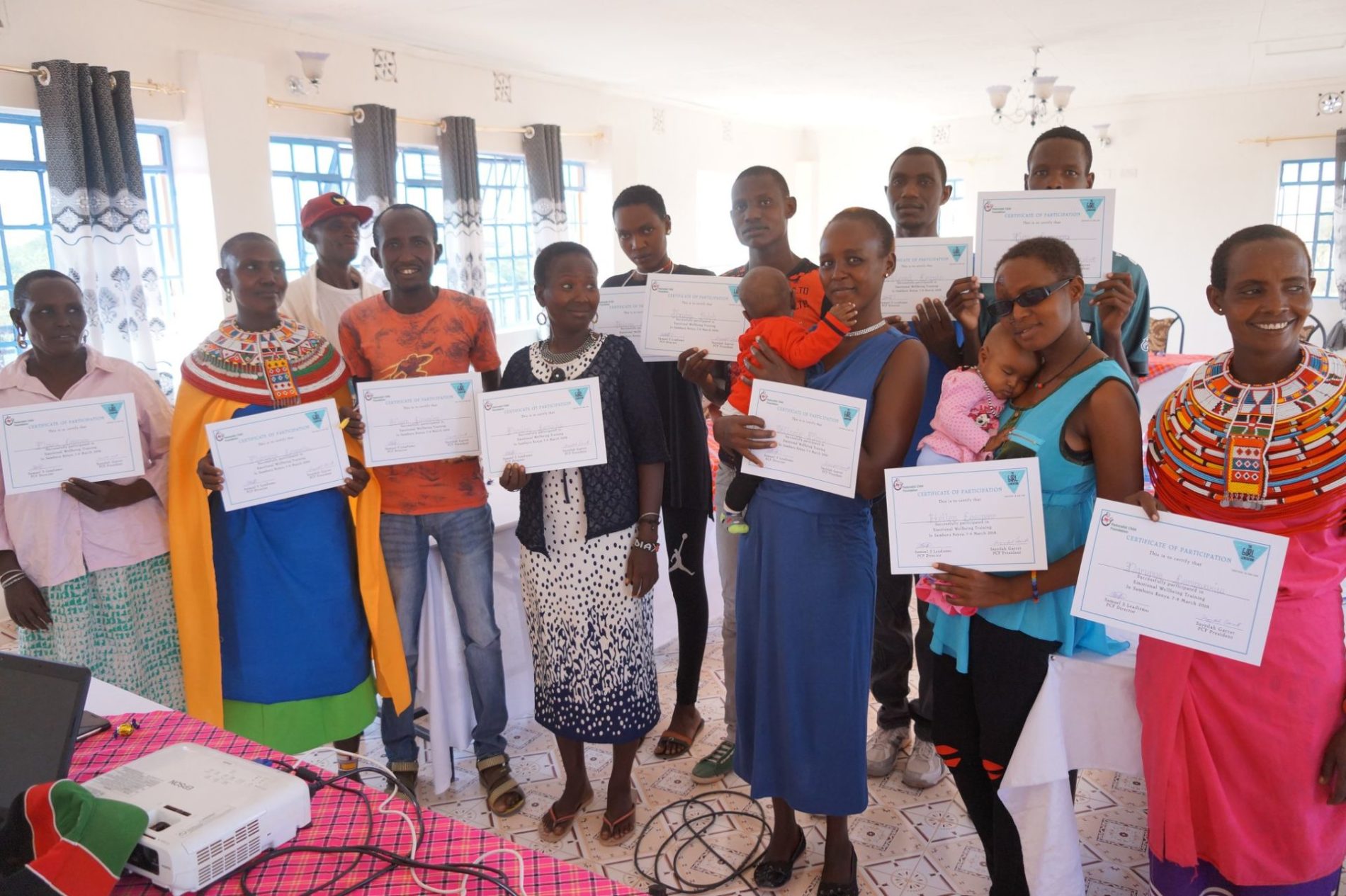
Eradicating FGM Through the Law
The political will to protect girls from FGM is rising and strong anti-FGM networks, which include survivors, are increasing across Kenya. Surveys also show a decreased prevalence of FGM. To build on this progress and to help improve enforcement of Kenya’s anti-FGM law, we have worked with the Anti-FGM Prosecution Unit and the Anti-FGM Board to create a comprehensive FGM case-tracking tool.
The tool aims to promote accountability in the reporting, investigation, and prosecutorial phases of FGM cases. It also provides authorities with the ability to track the girls who were spared from FGM due to proactive judicial mechanisms and alternatives to criminal prosecution. With this tool, authorities can witness the positive impact had on girls who have avoided FGM. The information gathered also helps to pinpoint areas where interventions are most needed to protect girls and women at risk and to ensure the successful implementation of the law.
We, at Pastoralist Child Foundation, are trying our best to inform communities through educational workshops. We also created a booklet with the anti-FGM law translated from English to Swahili and Samburu so that it’s more accessible to villages. The booklets target girls, teachers, chiefs, police, parents, medical practitioners, and the general public to encourage them to protect, prevent, and report the practice of FGM. It also includes information on the FGM hotline and girls rescue centers where the public can report incidents and receive assistance.
The Role of Men in Ending Violence Against Women
I believe men and boys can play a role in preventing and stopping violence against women. Men can join women and girls in challenging violence and oppression globally and can help to create a place where people of different backgrounds, lifestyles, and communities can learn and feel safe by listening and caring for each other.
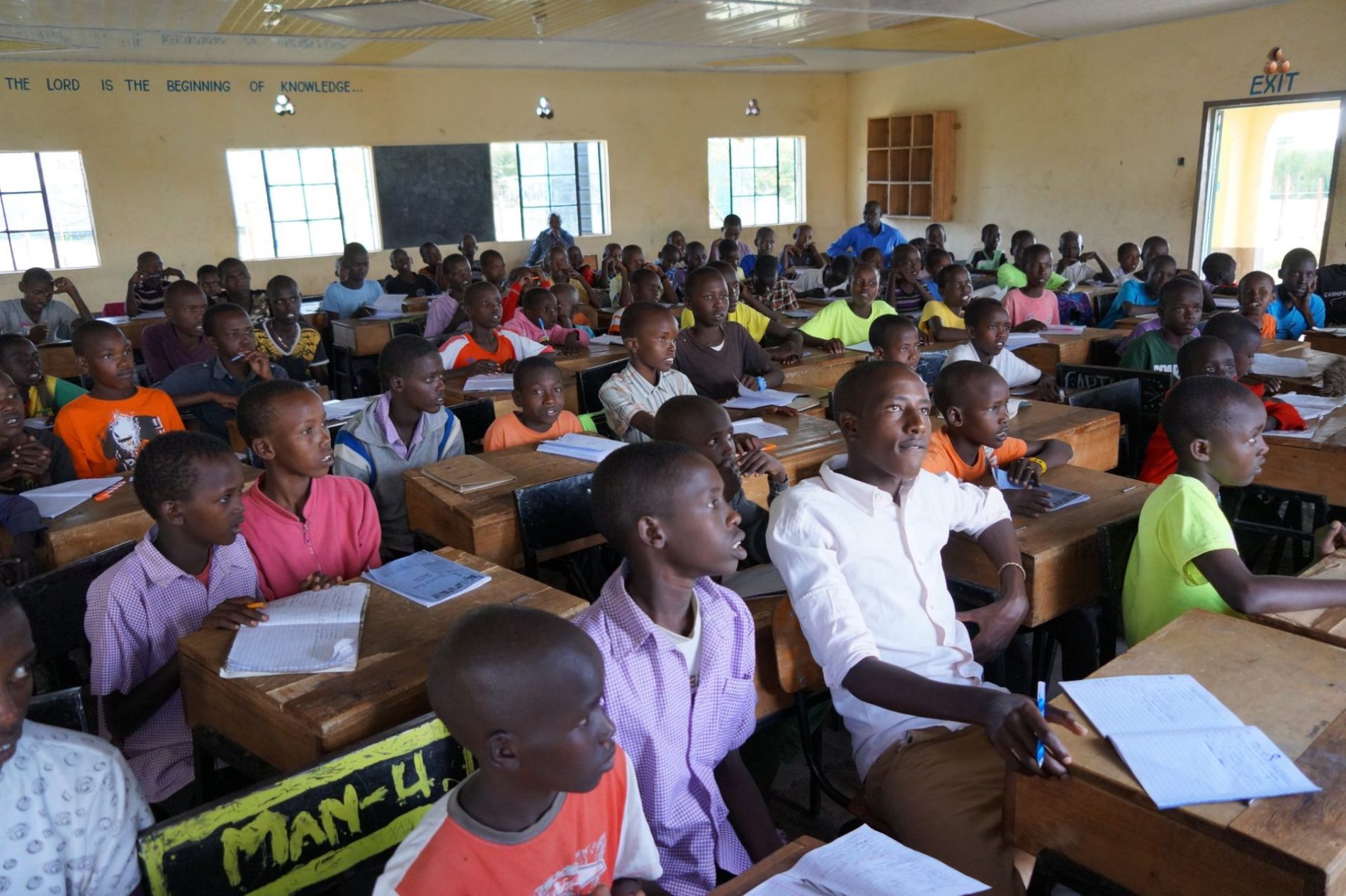
Men and boys can get involved by speaking out about their experiences with violence and privilege. By coming together with an agreement of honesty and respect and by creating a culture where we practice understanding rather than winning, communication rather than fighting, and sharing rather than defending, men can take on a large role in ending violence against women.
Women play huge roles in my life by educating me, raising me, and believing in me, which is why I am so passionate about ending gender-based violence. I’m doing this through my charity work and am seeing progress as men in my community are moved by the foundation’s ideas about ending violence.
Consequences for Girls
As a result of resisting FGM and early child marriage, my sister and girls like her are not allowed to attend Samburu cultural activities, can’t marry any Samburu man, are not recognized in the community during barazas (community dialogues) or other functions, and don’t have the rights to associate with others of their age group or ancestors.
Additionally, my sister believes that unless a girl’s clitoris is removed, she will not become mature because that’s what has been taught to her in Samburu culture.
Empowering Girls
Gender discrimination is recognized by Kenya’s government and other organizations as the number one cause of persistent poverty among the pastoralist communities in Kenya. Gender discrimination causes a higher than average rate of illiteracy and gender discrimination. It also prevents economic development in the area.
I know men don’t value girls’ education in my communities. That’s why I value girls’ education and prioritize it before I help boys as well. I want my sisters and other girls to know their rights, value education, and get good jobs like other women around the world who are doctors, nurses, social workers, lawyers, teachers, and managers.
Pastoralist Child Foundation developed a comprehensive strategy to get more girls enrolled in school and to keep them in school until they have the knowledge and skills to enter the workforce in Kenya.
To be a role model and a change agent in the community, one must have passion and commitment to help the community. We must change attitudes toward education. Change starts with a conversation. An educated girl contributes more to her family every year than her dowry would bring. She pays their medical bills, buys shoes and school uniforms for her nieces and nephews. She also purchases food for her parents, and more. Her family is healthier and economically stronger, and they are revered in the community for having an educated, successful daughter, whom her father readily brags about.


